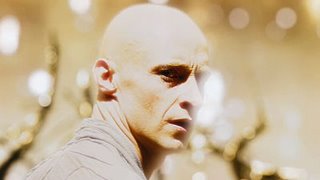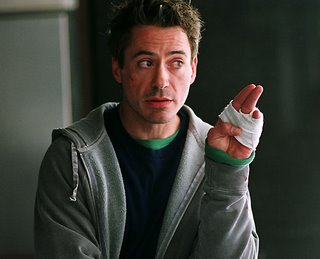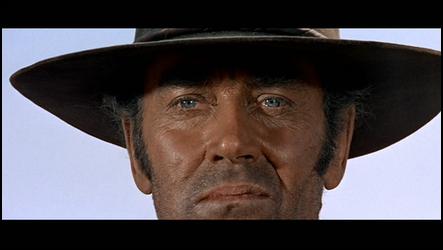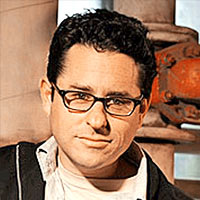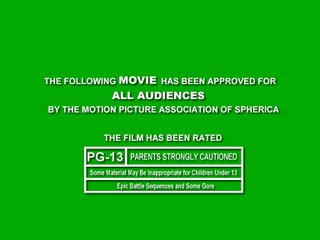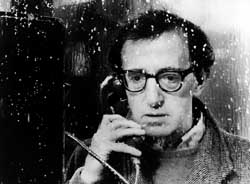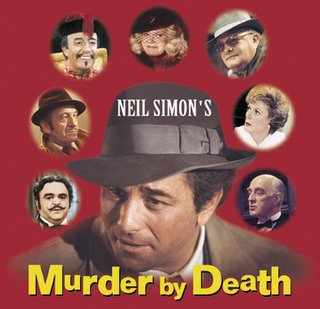 review: Murder by Death
review: Murder by Death1976- dir. Robert Moore
Starring: Peter Sellers, Alec Guinness, David Niven, Peter Falk, Maggie Smith, & Truman Capote
Lionel Twain: I'm the greatest, I'm number one!
Sam Diamond: To me, you look like number two, know what I mean?
Dora Charleston: What DOES he mean, Miss Skeffington?
Tess Skeffington: I'll tell you later. It's disgusting.
I almost mused again. In fact, I have been musing, in my head, quite frequently. I do, however, want to devote as much of this space to reviewing films as I can... It's just that nothing I have seen in the past few weeks has fastened jumper cables to my analytical battery. My intention was to kick off with a magically perfect kind of film, something vaguely recognizable but under-appreciated, an off-beat treasure of the hidden gem variety. A must-see!Murder by Death? Well, it doesn't quite fall into that category. But it's really funny. And it addresses an issue that I have been musing about recently: comedies, these days, generally aren't.
I have evidence to support this claim-- actually, it's just a list of movies-- but before I reveal who the culprits are, I shall examine the case of the cock-eyed crime spoof. Murder by Death is a clever parody of the detective genre performed by an ensemble of prominent comedic actors (note that they are actors, not "comedians" or "former Saturday Night Live cast members"). The famous sleuths that they lampoon, well known figures from both literature and cinema (Charlie Chan, Sam Spade, Miss Marple, Hercule Poirot, and Nick & Nora Charles), have been assembled by eccentric madman, Lionel Twain (Truman Capote), who aims to put their criminology skills to the ultimate test. Summoned to his creepy country estate via invitation to "dinner and a murder", the investigators arrive at the Twain manor doors with their trusty-rusty sidekicks and wacky associates in tow.
The plot is simple: Twain wagers a million dollars against the reputations of the world's five most famous detectives by challenging them to solve the murder of someone at the dinner table to be committed by someone at the dinner table at precisely midnight. Everyone is a suspect, and everyone a potential killer. This exposition is, however, more or less beside the point. The entertainment value of this film comes from its manic word-play and its masterful send up of the cliches we have come to expect from the detective formula. Murder by Death provides a healthy combination of dialogue and slapstick based jokes, and is anchored by a talented cast of actors who have mined the original characters for quirks that can be embellished to produce humour.
This is not to say that Murder by Death is a perfect film, let alone a perfect comedy. I get the feeling that the script, by the eminent playwrite Neil Simon, is much stronger than the actualization we see on screen. In fact, the style in which it is shot adheres too closely to the conventions of a stage play (long, static shots accommodate all of the action at once), and, as a result, the film's pace is a little bit slow. It lacks the ruckus perfection of a laugh-a-minute spoof like Airplane! And yet, it has a laugh every two minutes, which is a testament to the strength of the material (and, certainly, to the actors). Contemporary comedies seem to be able to provoke a laugh only once every twenty minutes at best.
Why is this so? Well, if you will allow me to muse for a moment... The success of genre films tends to come in cycles. You get a bunch of, say, detective films; we become familiar with their conventions, then, ten years later, we get a new slew of detective films that recreate and/or deviate from those conventions. Near the end of a cycle of popularity, we tend to see a film that spoofs the formula, i.e. Murder by Death (that ol' detective film) or Airplane! (tackling the disaster movie).
Nowadays, films tend to be self-reflexive anyway. There are "no new ideas," so filmmakers play with conventions on their own accord. Although it may be difficult to "spoof-a-spoof" (to put it that way), people still try, and, consequently, we get the Scary Movie franchise, and also Not Another Teen Movie and Date Movie.
But this is old news... Critics have been panning these movies on the premise that you can't parody a parody for years. What hasn't been addressed is the fact that filmmakers no longer seem to know how to direct, and therefore edit, a comedy. I suspect that this has to do with directors depending on their actors to be so funny that nothing else matters, so they just sit back and watch. Comedy, however, is much more complex. It is a combination of construction and talent. A director has to provide the kind of coverage that will allow his/her editor to build a rhythmic cut, and an actor must be able to do more than carry an SNL sketch.
Ultimately, it comes down to the writing. Audiences will forgive a bad performance if the idea shines through. Truman Capote does not play Lionel Twain particularly well, but his lines are fantastic. Murder by Death works because it spoofs the conventions of a very specific genre with, not only affection, but attention to detail. The Scary Movies, on the other hand, fail not only due to the fact that the source material is already self-aware, but because they attempt to parody anything. For godssake, Tom Cruise jumping on Oprah's couch is bizarre enough... How could Craig Bierko doing the same thing possibly be funnier???
So... should you watch Murder by Death? Well, I'm not here to say yay or nay... But here's the low down:
What you Might Like:
This film is so funny that I laughed while watching it by myself. Out loud. If you're looking for a funny comedy, you might find it here.
What you Might Not Like:
It's old. I know a lot of people who will only rent from the "NEW RELEASE" section of their video stores. I understand why, but DEAR GOLLY,they are missing SO much. Surely, most people who are reading this have never heard of David Niven. And yet, you know who Rob Schneider is. I have discussed older films with a number of people who are genuinely surprised that motion pictures made prior to the 1980's might actually be entertaining.
Also, you may not have seen the films that this spoof borrows from. I think that Murder by Death still functions as a laugh-out-loud comedy whether you are one-hundred-percent familiar with the original characters or not, but there are a number of jokes that play upon the minute details of the detectives that are parodied.
What you Might Consider:
Consider, first of all: SEEING THESE FILMS!!! It is worth seeking out some of the classic noir movies (and Agatha Christie adaptations), not only for the pure enjoyment of screening some wonderful pictures, but to be surprised by the extent to which the contemporary films we all watch have been influenced by these formulas. I highly recommend The Maltese Falcon (starring Humphrey Bogart)and The Thin Man (a brilliant spoof of the detective genre in its own right).
 an ober update
an ober update